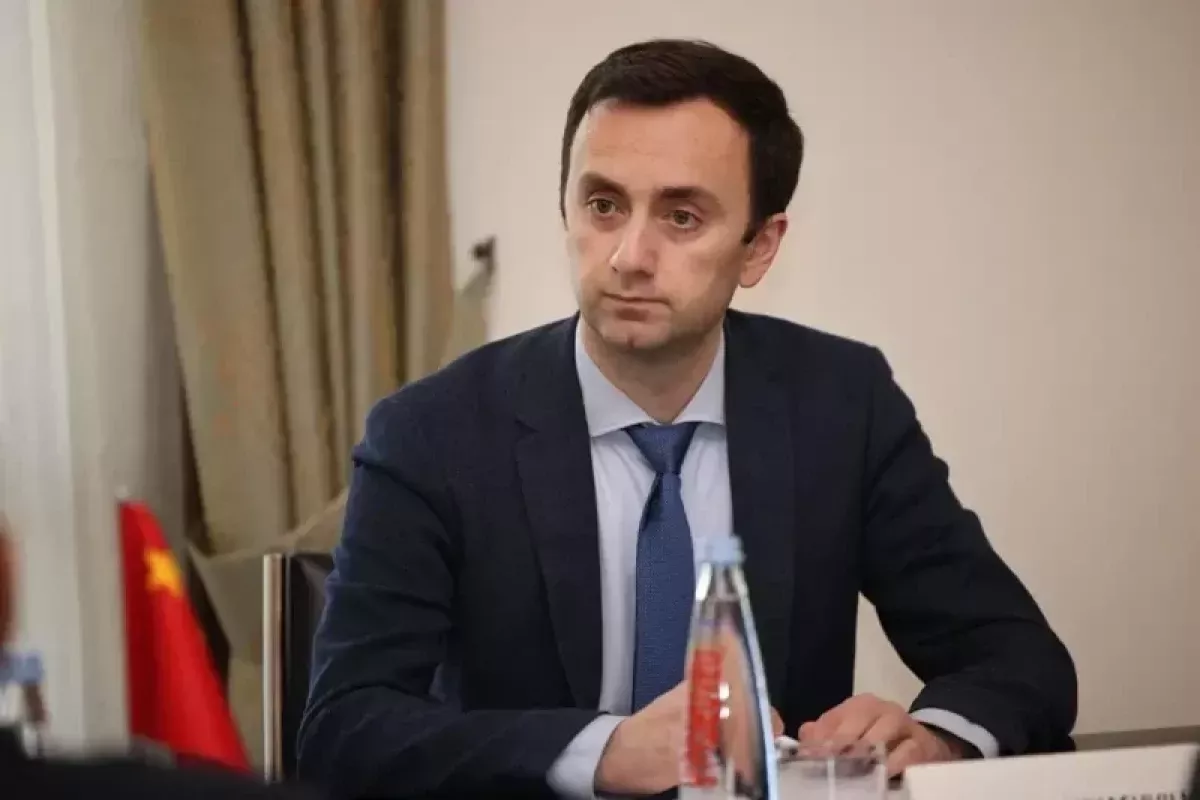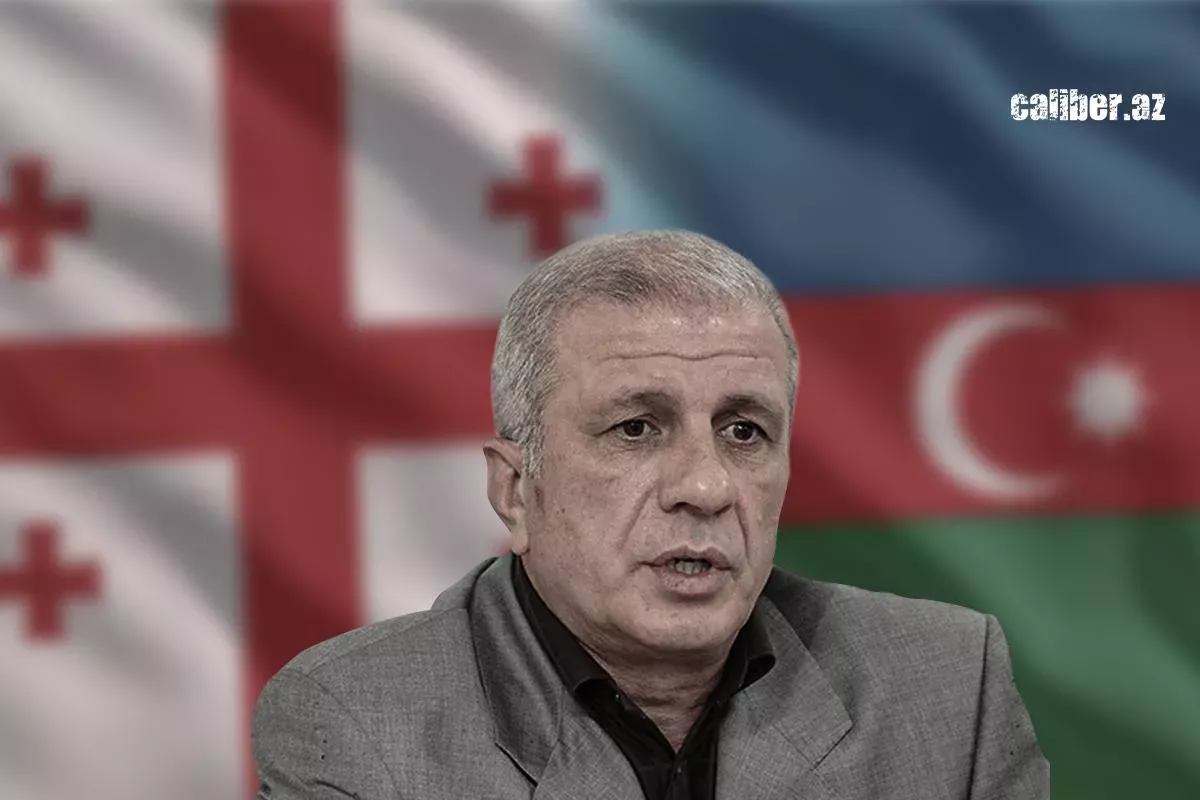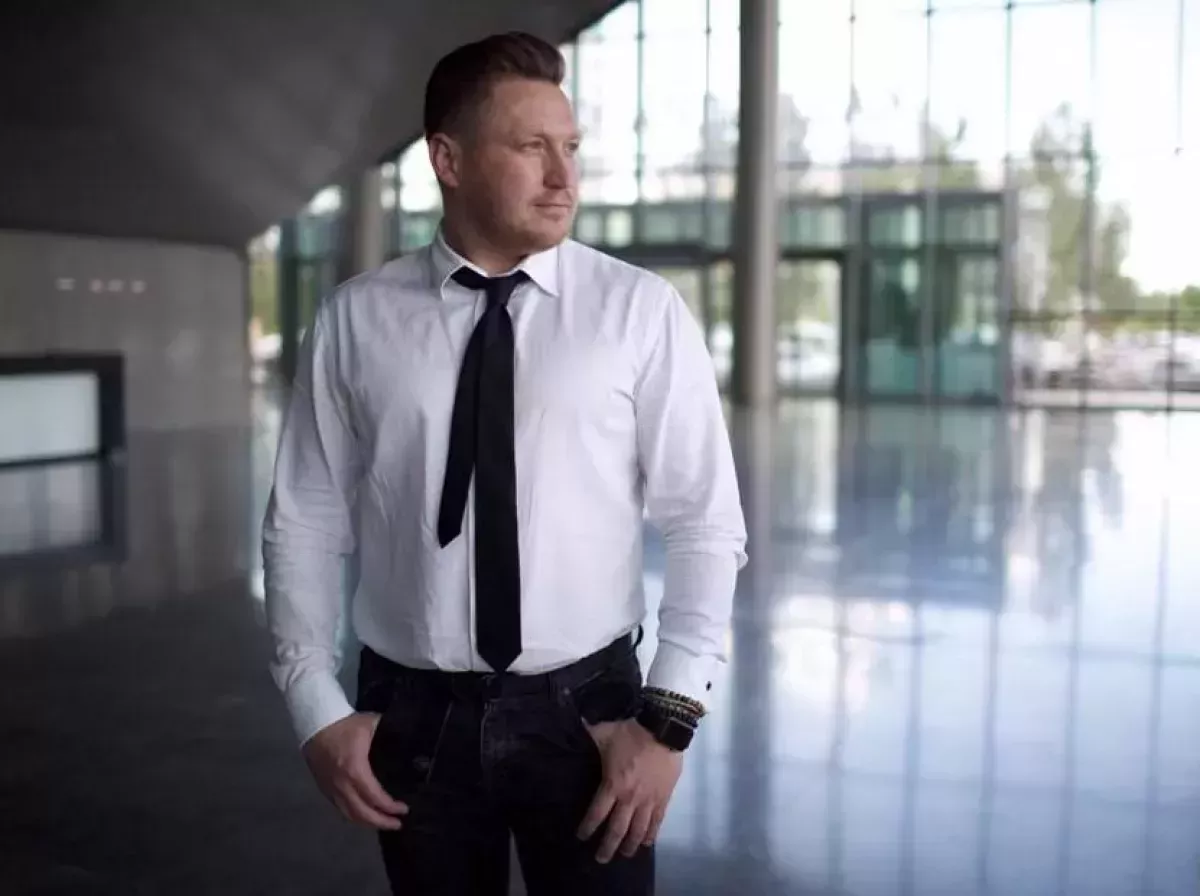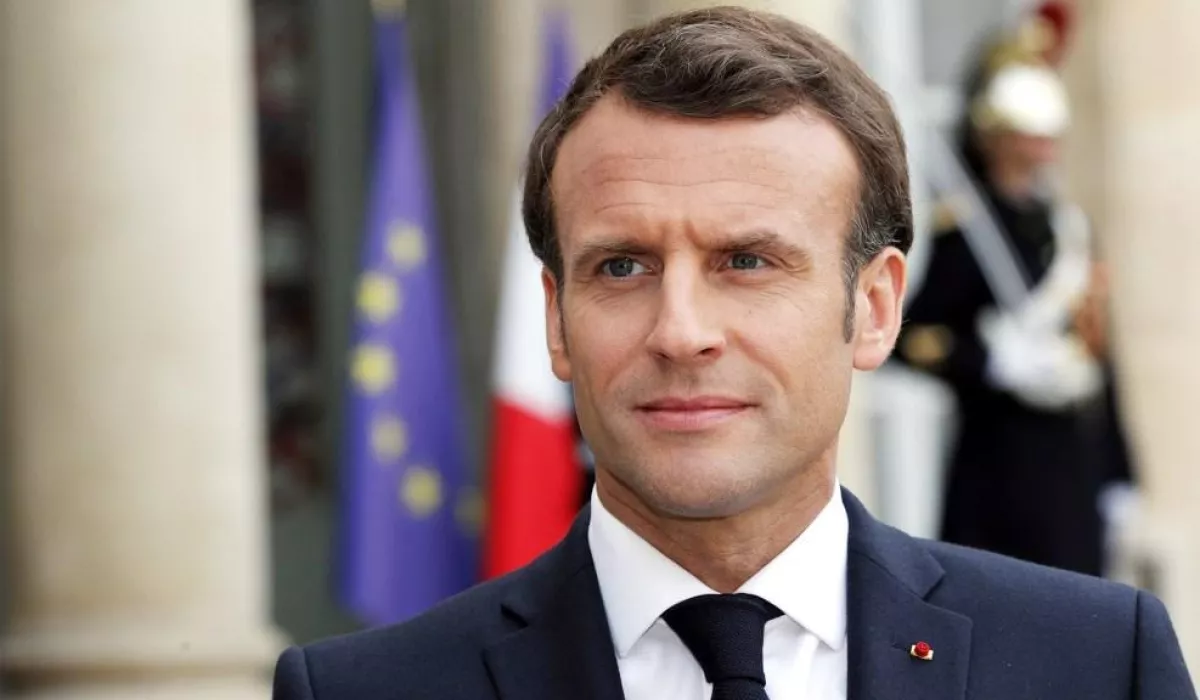Georgia's foreign grants scandal: Accusations of French involvement in opposition funding Experts Weigh in on Paris’s Geopolitical Motives
A new scandal is brewing in Georgia over foreign grants and potential external interference. At the center of the controversy are accusations against the French embassy, which, according to the ruling Georgian Dream-Democratic Georgia party, has been providing financial support to organisations linked to the opposition and radical movements.

Levan Makhashvili, a member of the ruling Georgian Dream party, stated that if any attempts to destabilize the country occur in the future, France should bear responsibility. His statement came after reports surfaced that the French embassy had awarded a grant to the “Soviet Past Research Laboratory” — an organisation that includes both current and former opposition figures, as well as individuals affiliated with foreign training centres, including CANVAS. Authorities have expressed concern that the funds may be misused for purposes other than those officially declared.
In light of these developments, Caliber.Az reached out to experts for comment, seeking to understand whether France is indeed playing a leading role in efforts to destabilise the situation in Georgia — and what its possible motives might be.

Chairman of the Confederation of Peoples of the Caucasus and Georgian political analyst Zaal Kasrelishvili said that a number of covert forces are operating in Georgia, providing funding to the opposition and radical organisations.
“We still don’t know exactly what this network is called or who is truly behind it. In general, we would like to hear more specifics from representatives of Georgian Dream party,” said Kasrelishvili. “There is a clear geopolitical logic behind what’s happening. Today, the driving forces of Europe are France and Germany. France, being the only EU country with nuclear capabilities, has taken on the responsibility of providing a nuclear umbrella for the entire continent.”
The expert said that European militarism is currently at its peak.
“Moreover, for the first time in its history, the EU has appointed a Defense Commissioner — effectively a military counterpart to a defense minister. A dedicated military budget has been established, and by the end of the year, the EU plans to increase its defense-industrial capacity by 30 per cent. In this context, France is emerging as the dominant player in Europe — both militarily and politically,” he said.
“Given these ambitions, it’s quite clear that France is seeking to strengthen its foothold in the South Caucasus. From a European strategic perspective, the logic is straightforward: the South Caucasus is considered part of Eastern Europe — and therefore, within the EU’s sphere of interest,” he noted.
“Historically, there has been tension between France and Türkiye in their struggle for influence in the region. Another factor at play is the role of the Armenian lobby. In the past, it held sway both in Russia and in the West. However, its influence in Russia has diminished, partly due to controversial and unconvincing figures like Margarita Simonyan. In contrast, the Armenian lobby remains active in the West and continues to push for greater influence in Armenia, aiming to draw it closer to the EU. But without Georgia, this plan is unworkable — Georgia is the key link in the chain,” he stressed.
“It is therefore reasonable to assume that efforts are being made to politically destabilize Georgia as a means of pulling Armenia further into the European orbit. The strategy makes sense. While France is currently the most vocal proponent and the driving force behind this agenda, other EU member states are also aligned with this direction. Nevertheless, it is France that now stands at the forefront,” Kasrelishvili noted.

Belarusian international relations expert and Francophile Boris Osinchuk believes that France now has more freedom of action than ever before, and that French President Emmanuel Macron appears to be temporarily shifting his focus from Armenia to Georgia.
"There are also divisions emerging in Paris. It is becoming difficult for Macron to continue acting as Armenia's military sponsor and political patron. Some French politicians openly accuse him of the futility of supporting Yerevan, which may ultimately fall back under Russia's control," Osinchuk said.
The expert said that this is evident in the policy of Armenian Prime Minister Nikol Pashinyan, who is playing both sides. Meanwhile, the EU expects more decisive actions from Yerevan and a clear demonstration of alignment with Europe.
“Macron is now ready to temporarily shift his focus to Georgia. This aligns with his ambitions in the South Caucasus region — and it is both more affordable and easier to achieve. The Georgian opposition has long been funded by the West, and now there is a growing belief within the EU that, if they failed to defeat the "Georgian Dream" party in elections, the next step is to bet on bribing the opposition,” he said.

The expert stressed that France is ready to implement this EU strategy, as it aligns with its interests in establishing a foothold in the South Caucasus. Macron, as a politician, is no stranger to behind-the-scenes maneuvering and, frankly, has never hesitated to employ underhanded tactics to achieve his goals. The Macron-Le Pen rivalry has clearly demonstrated this.
“It is therefore entirely logical to expect the use of highly provocative, corrupt, and manipulative tactics on the Georgian political stage. I wouldn't be surprised if, in the near future, the media reports not only the names of bribed opposition figures but also members of the Georgian Dream party. Such leaks would be intentionally orchestrated to undermine public trust in the country's ruling party," Osinchuk concluded.








